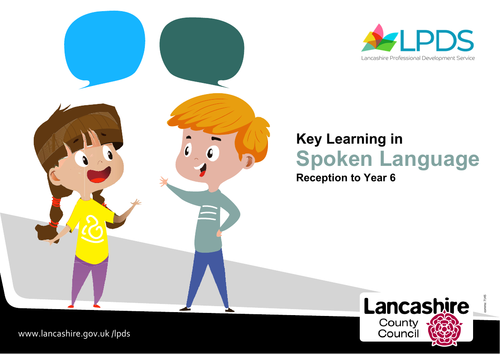LPDS' Shop
Lancashire Professional Development Service helps educational settings like schools and academies to realise the full potential of their children and young people, by providing professional training, bespoke consultancies and inspiring resources. All of our curriculum resources are designed by highly experienced teaching and learning consultants.




















